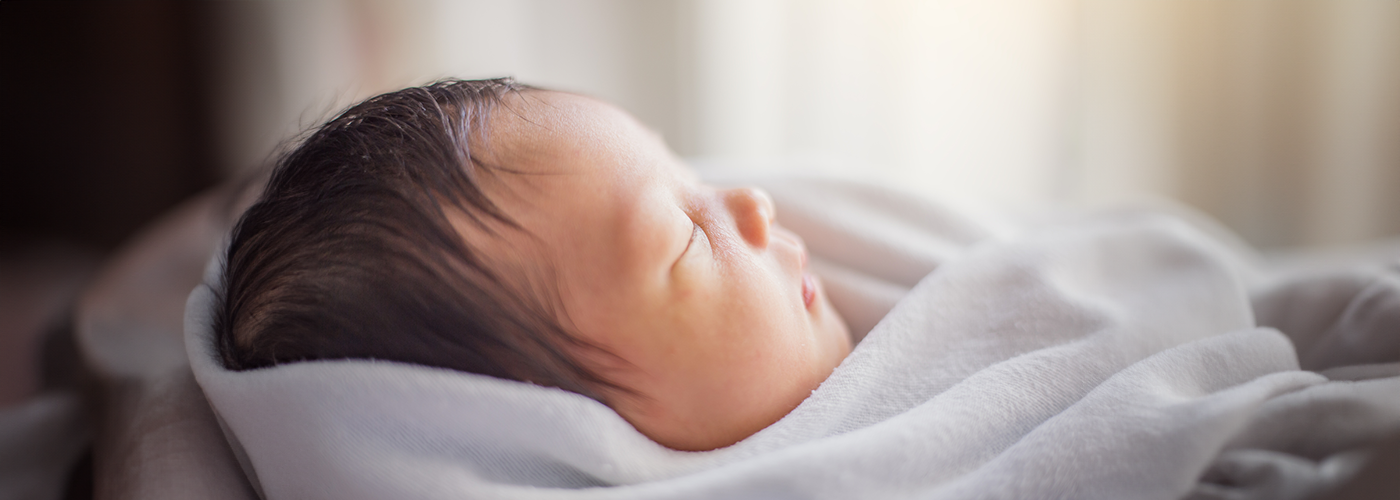

Jaundice is yellow colour of the skin and whites of the eyes that is common in newborn babies. It is caused by accumulation of bilirubin, a breakdown product of red blood cells which usually removed from the body by the liver.
Newborn babies, particularly premature infants, baby with G6PD and blood group incompatibility are vulnerable to be jaundice in view of rapid red blood cells break down.
Doctors or nurses will check babies for signs of jaundice by looking at the skin colour and asking about the baby’s urine and stool. If jaundice is present, the babies would be further assessed by blood test or using a bedside machine (transcutaneous bilirubinometer) to measure the jaundice level.
Depending on the level of jaundice, the baby may need treatment by fluorescent lights, called phototherapy. During the treatment of phototherapy, it is essential to ensure the jaundice babies fully exposed to photo light and feed well.
Breast feeding is strongly encouraged and should be continued. If the bilirubin level is extremely high or not responding to phototherapy, exchange transfusion may be carried out.
The length of time babies remained jaundiced is different for each baby. Usually, bilirubin levels increase over the first few days, then decrease slowly over the next 1-2 weeks. Regular blood tests may be taken to monitor bilirubin level before deciding to stop phototherapy.
For most babies, jaundice does not cause significant medical problems with regular monitoring. Very rarely, the extremely high level of bilirubin can cause hearing loss or cerebral palsy if not treated early.
If the babies remain jaundiced more than 2-3 weeks old, they should be assessed by medical doctors to exclude other important medical conditions such as extrahepatic biliary atresia, congenital hypothyroidism, urinary tract infection, and neonatal liver disease.
Get in touch with us to find out more about our Paediatrics Services at your nearest Gleneagles Hospital if you have any questions about neonatal jaundice.

Wait a minute

Wait a minute